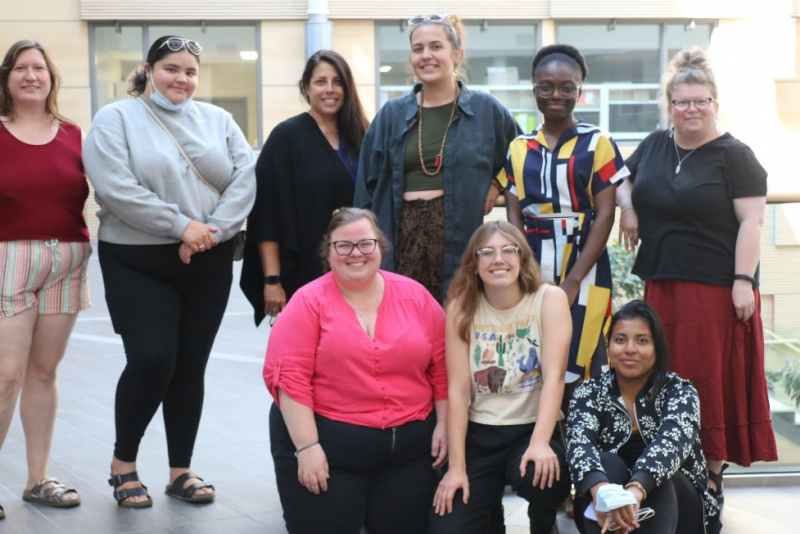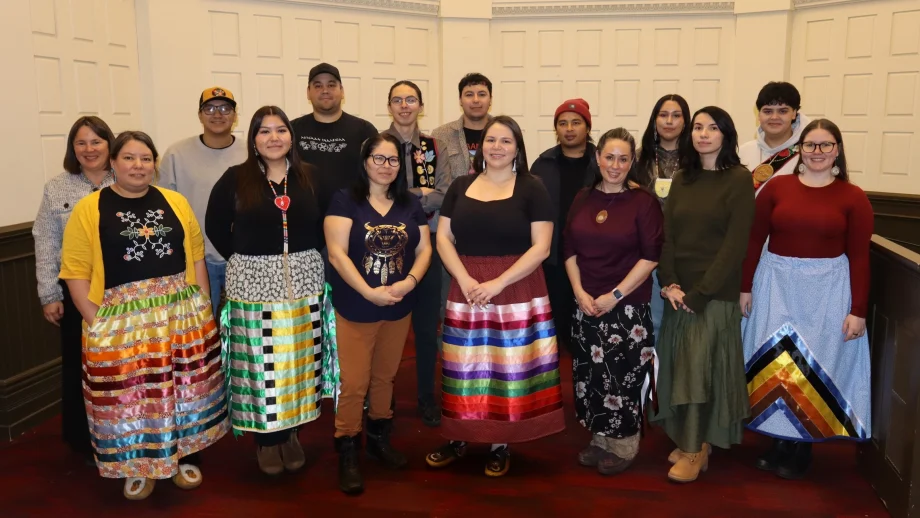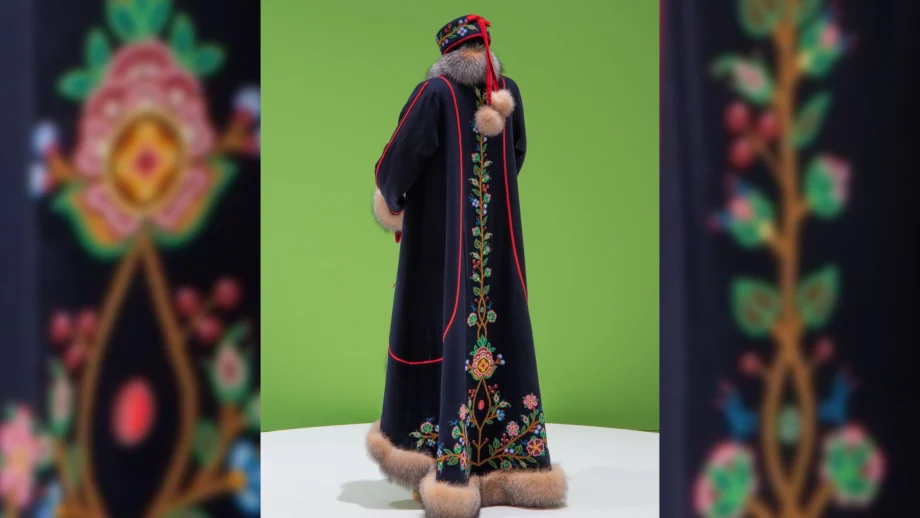This past summer, University of Winnipeg students in the Indigenous Ethnobotany Field School course learned about more than just Manitoba plant botany; they also learned about the multiple dimensions of Indigenous perspectives.
The course, which has been running for the past seven years, was designed by Dr. Shailesh Shukla, Associate Professor and Acting Chair of the Department of Indigenous Studies, in partnership with Medicine Eagle Camp at Keeseekoowenin First Nation near Riding Mountain National Park.
I graduated from UWinnipeg and returned for this course so I can further my understanding of holistic approaches, connect with our ways of knowing, be with the creator of all nations, and learn about the beautiful knowledge that flows through the land.
Melissa Paypompee
“I wanted to provide land-based and experiential learning opportunities so that students can weave three threads: Indigenous ways of knowing, basic botanical knowledge, and understanding of the plants and plant usages from herbalist perspective,” said Dr. Shukla “I wanted students to cultivate and develop respect and appreciation towards Indigenous ways of knowing and gain a firsthand understanding of Indigenous issues.”
Majoring in Theatre and Film with a minor in Indigenous Studies, Carolin Schroeder says the course helped her understand Indigenous values as someone who migrated from Germany.
“As a recent settler, it is a way for me to learn about the traditional country we know as Canada,” said Schroeder. “To learn from Elders and First Nations’ People directly about their lives and cultural lessons – it’s a privilege to carry the knowledge inside me.”
The course started with classroom gatherings before heading to Medicine Eagle Camp of Keeseekoowenin First Nation. Students then learned the uses of native Manitoban plants in medicine, ceremonies, aesthetics, and substance purposes from Elder Audrey Bone and her helpers.
For Melissa Paypompee (Iskatewizaagegan 39, Shoal Lake, Ontario, Territory 3), this class was more than a requirement. It was an opportunity to connect with her own culture.
“I graduated from UWinnipeg and returned for this course so I can further my understanding of holistic approaches, connect with our ways of knowing, be with the creator of all nations, and learn about the beautiful knowledge that flows through the land,” said Paypompee. “We harvested plants like red willow, that we then used to construct a sweat lodge, strengthening our relationship with one another in the process.”
At the end of the term, students reflected on their newfound learning and perspectives in a project that was shared with the rest of the class. Students’ group projects included an introductory guide on Indigenous ethnobotany of local medicinal plants for newcomers to Manitoba and resources for teachers leading courses in Indigenous ethnobotany, including plant cards and an interactive online game.
“For our project, we decided to reflect on how newcomers to Canada are introduced to Canadian culture,” said Criminal Justice student Sara Pelland. “We noticed a gap in how Canada’s heritage is represented to newcomers, so we created a scrapbook with the knowledge learned in class, hoping that it would teach newcomers the important role plants have in Indigenous communities.”
Dr. Shuka shared his thoughts on how students felt after taking this course:
“If you want to gain a life-long healing and transformative learning experience while developing a wholistic understanding of local plants through land-based Indigenous wisdom and classroom learning, you are welcome to take this course. It will change the perspective of how you look at the plants.”
Learn more about the Indigenous Ethnobotany Field School on our Indigenous Course Requirement page.






